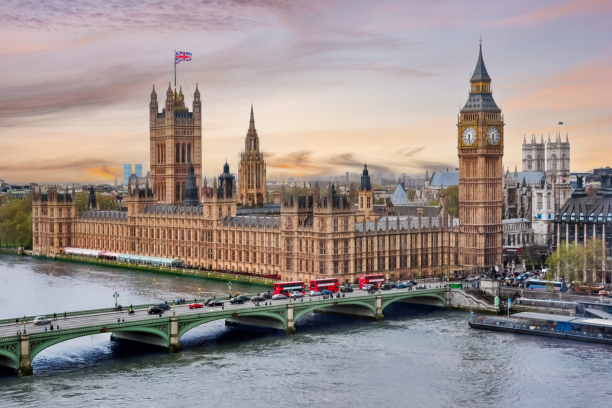A record number of workers in the UK are being paid less than the National Minimum Wage (NMW), according to a report by the Low Pay Commission (LPC).
Most people who work, and are of at least school leaving age, are entitled to get paid at least the National Minimum Wage. This includes casual workers, people on zero-hours contracts and agency workers. However, roughly 439,000 workers were paid below the hourly minimum wage in April 2018 r, including 369,000 aged 25 or over who should have received the National Living Wage. That’s 30,000 more than the previous year and the highest number of underpaid workers since the National Living Wage rate was introduced back in 2016.
HMRC National Minimum Wage investigation
A separate investigation by HM Revenues and Customs (HMRC) identified a record £15.6m in national minimum wage underpayments from 2017 to 2018. It found that at least 200,000 workers had been underpaid since the National Minimum Wage was introduced in 1999. In 2016 to 2017, 98,150 underpaid workers were identified. Workers were owed on average almost £100, meanwhile, the average arrears per employer rose from over £4,000 in 2016/2017 to over £6,500 in 2018.
Failing to pay staff the minimum wage saw employers fined a record £14m in 2018, which was three times higher than the year before. Employers must pay back the amount owed to staff at the current National Minimum Wage and face penalties of up to 200% in arrears at a maximum of £20,000 per worker.
Middlesbrough FC win appeal tribunal
HMRC started legal proceedings against Middlesbrough FC after it found that the club had deducted the cost of season tickets, around £2,000, from employee wages over several weeks during the 2016-2017 season. HMRC claimed that by making these deductions the club was paying its staff less than the National Minimum Wage. HMRC issued the club with a notice of underpayment claiming the practice was in breach of the Act, regardless of whether staff were satisfied with the arrangement.
However, the appeal tribunal agreed with Middlesbrough FC that it had not breached minimum wage legislation by paying staff less than the minimum wage. It concluded that the deductions the club made were, in fact, lawful under the legislation.
Despite the ruling, the HMRC said it was: “Unapologetic in its enforcement of national minimum wage for workers, and will ensure that we do everything we can to get people the money that they are legally due. The legislation does not draw a distinction between breaches arising from uncertainty or mistake and deliberate underpayment which means HMRC has no discretion to make these distinctions either. Employers are either compliant and pay their workers correctly, or they do not.”
Iceland appeal HMRC decision
Iceland Foods lodged an appeal against an HMRC decision that the retailer had failed to pay the minimum wage when its employees paid into a savings scheme. Iceland employees who opted into the voluntary savings scheme were able to put money aside from their wages into a separate account and withdraw the money when they wished. HMRC accused the company of underpaying staff by as much as £3.5m a year over six years. Along with back pay of around £21m, Iceland could also face huge fines.
HMRC has raised a separate concern regarding Iceland’s guidance to its staff to wear “sensible shoes” that echoes a similar case concerning TGI Fridays and Wagamama last year. Iceland provides warehouse staff with free safety shoes. However, HMRC claim that if staff choose to buy their own shoes, it would mean that their pay would fall below the minimum wage. HMRC wants the store to refund its staff for two shoe purchases a year, at an estimated cost of £20 each, to cover the last six years. If it fails to do so, the retailer could be fined.
Payroll support for businesses
If you would like support with your payroll, please call HR Solutions on 0844 3245840 or visit www.hrsolutions-uk.com/services/payroll-processing for more information.


